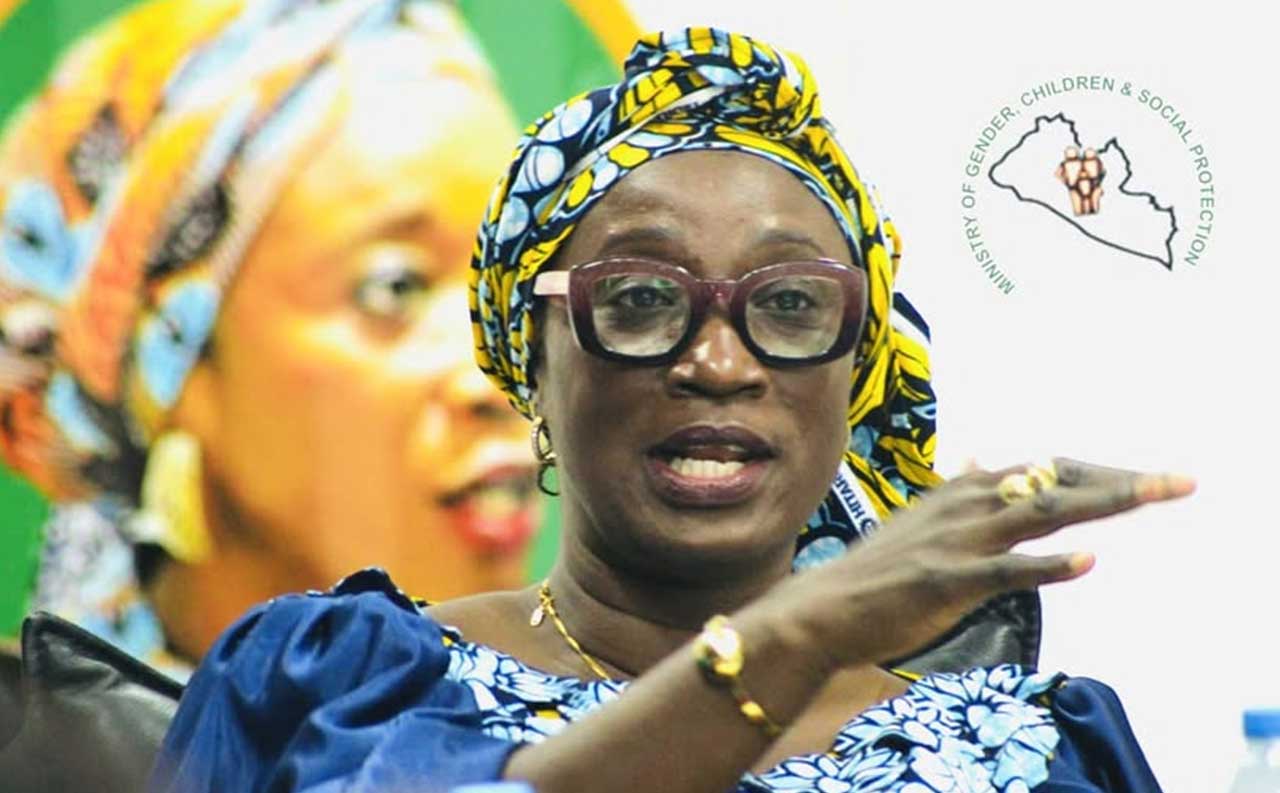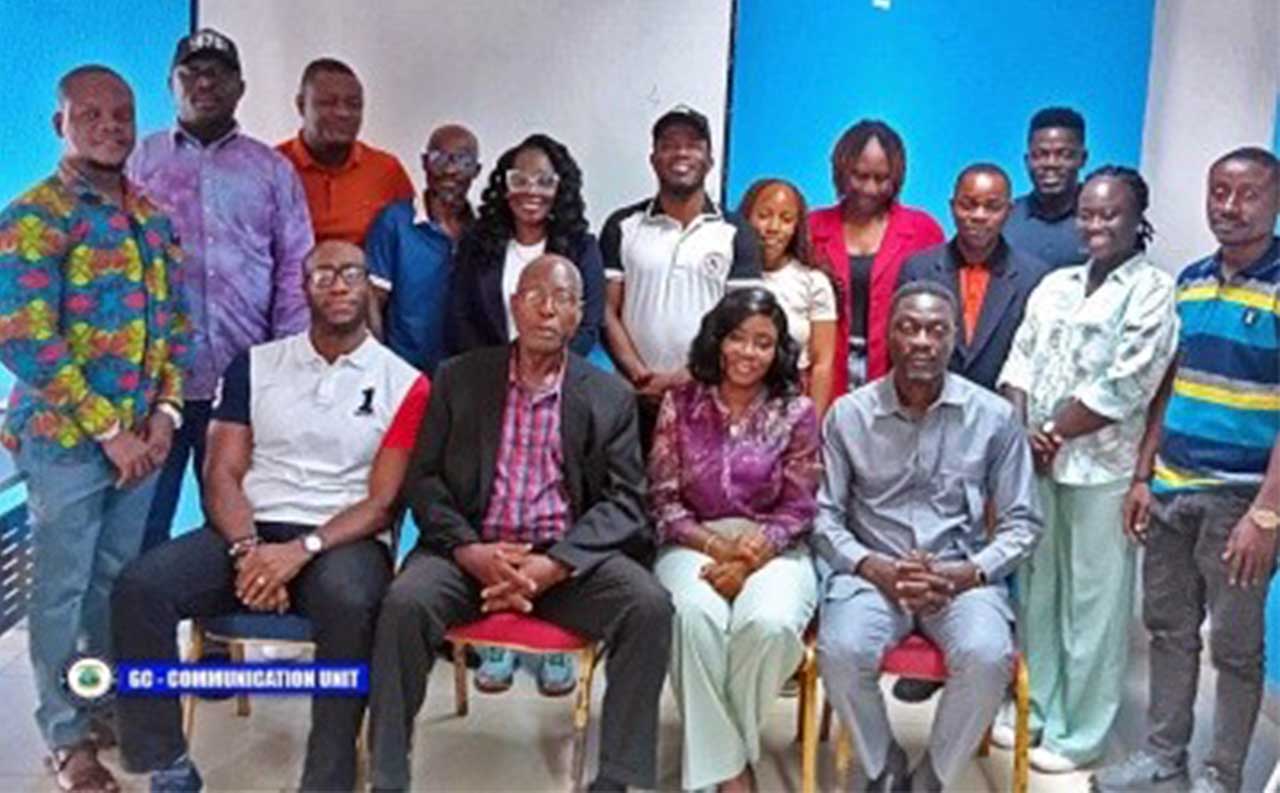The Ministry of Gender, Children and Social Protection, in collaboration with partners around the world, has ended the celebration marking the observance of International Day of Zero Tolerance for Female Genital Mutilation (FGM) in Liberia.
The commemoration of the International Day of Zero Tolerance for FGM joined partners on Thursday, February 6, 2025, as a critical platform to reaffirm collective commitment to ending FGM and protecting the rights and dignity of women and girls everywhere.
This day is observed annually on February 6, officially introduced in 2003 by the United Nations Population Fund (UNFPA) and UNICEF as part of their global campaign to eliminate FGM. The day is meant to raise awareness about the harmful effects of FGM and promote actions aimed at eradicating it.
Female Genital Mutilation (FGM) refers to all procedures that involve altering or injuring the female genitalia for non-medical reasons. It is internationally recognized as a violation of human rights.
The celebration was held under the global theme: “Her Voice, Her Future”, highlighting the vital role of girls and women in advocating for their rights and shaping their futures.
In arrangement with this day, Liberia observed the day under the national theme: “Her Voice, Her Future: Let’s Act Now By Ending FGM and Preserving Our Heritage.” The theme underscores the urgency of collective action in eliminating FGM while preserving the positive cultural values that define the society.
The 2025 observance focused on advocating for legislative measures and policy reforms to ban FGM, raising awareness and engagement with communities, traditional leaders, and youth on the risks of FGM, promote survivor voices and empowerment as well as strengthen collaboration among governments, civil society, and international organizations. Local and international stakeholders joined the day’s observance and recommitted to ending all forms of violence against women and girls.
Making remarks, Gender Minister Gbeme Horace-Kollie said she remains resolute in her efforts to strengthen advocacy, policy implementation and community engagement to eradicate FGM in Liberia. She called on stakeholders, including traditional leaders, civil society organizations, media, and international partners, to join forces in the noble fight.
She said the physical, psychological, and reproductive health risks associated with this harmful practice are well-documented, ranging from excessive bleeding and life-threatening infections to complications during childbirth, chronic pain, and trauma that lasts a lifetime. “We cannot allow this practice to continue robbing our girls of their health, dignity, and future,” she said.
According to her, the absence of a comprehensive Anti-FGM law leaves room for continued violations, and citizens must work together in calling for the full enactment of a legislation that permanently criminalizes the practice.
She said it was previously reported that FGM was still being practiced in 11 out of Liberia’s 15 counties, particularly affecting girls aged 5 to 14 years old. However, recent developments indicate a resurgence of FGM activities across all 15 counties, a trend that directly contradicts the three-year moratorium issued a few years ago, as well as the complete ban of the practice implemented by the Government of Liberia through the National Council of Chiefs and Elders of Liberia (NACCEL). “This is deeply alarming and signals the urgent need for a stronger action,” she added.
The Gender Minister said Liberians cannot stand by while an entire generation is subjected to the harmful practice; people must act now to safeguard the future of the girls and protect their rights.



